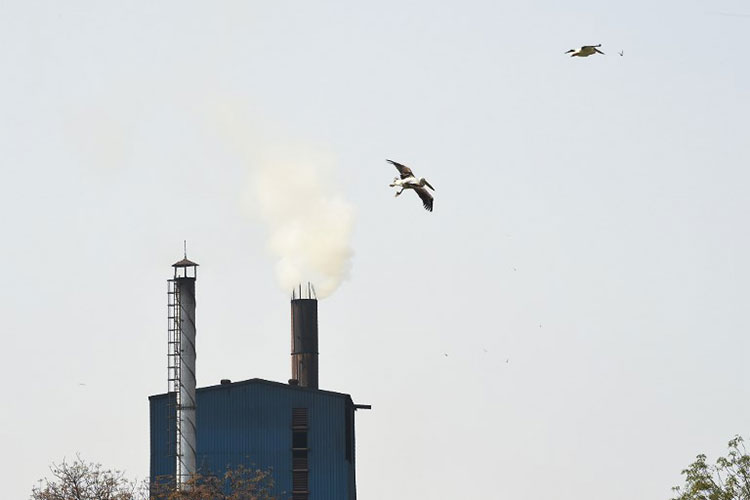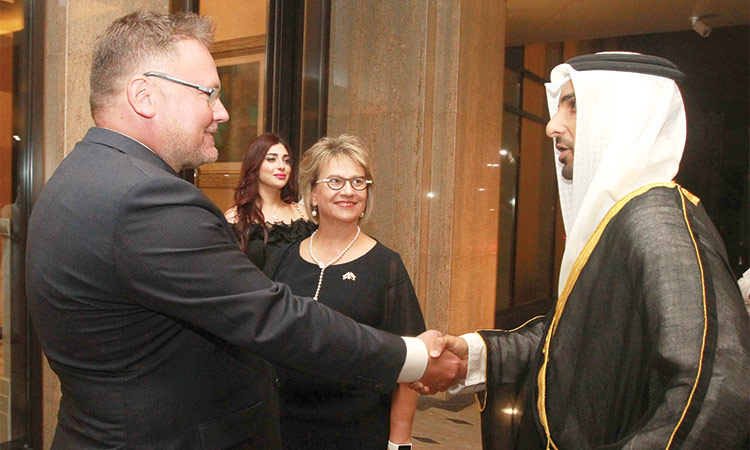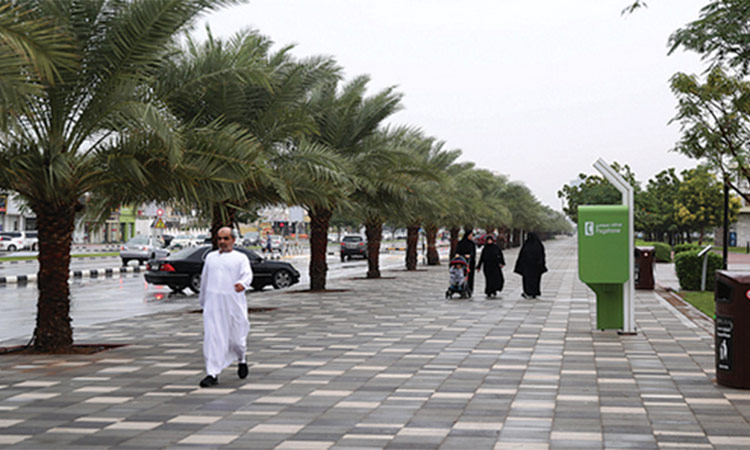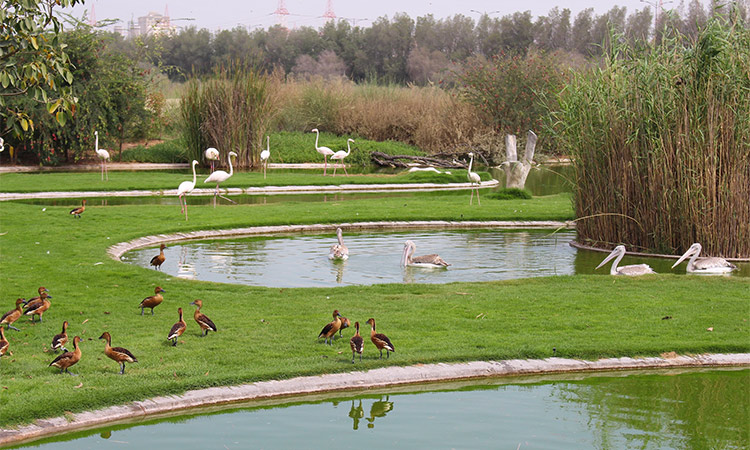World needs to tackle e-waste challenge

Smoke billows from a chimney of a factory. File
Governments, workers and employer organisations reached an agreement at a meeting of the ILO in Geneva recently urging that “at all levels” countries should look to increase and invest in better waste management infrastructure and systems to deal with the rapidly growing flows of e-waste in ways that advance decent work.
There is immense business opportunity in the e-waste sector, but a more integrated, innovative and safe system of work needs to be evolved.
A major cause of worry is that most workers are unaware of the major risks associated with handling e-waste. No proper safety precautions are taken in most cases. Several instances have been noticed of workers even breaking hazardous material with their bare hands.
The world produces as much as 50 million tonnes of e-waste a year, and although it is valued at more than $60 billion, only 20 per cent of e-waste is formally recycled, according to ILO.
It is now an increasingly important resource for the informal work sector. Along the e-waste value chain, they recover, refurbish, repurpose and recycle electrical and electronic equipment, bringing innovative services to the market, aiding the whole “circular” recycling economy.
A joint report by seven UN entities, entitled, “A New Circular Vision for Electronics – Time for a Global Reboot,” earlier called for a new vision for e-waste based on the “circular economy” concept, whereby a regenerative system can minimise waste and energy leakage.
A deliberative process must be instilled to change the system – one that collaborates with major brands, small and medium-sized enterprises, academia, trade unions and civil society.
Considerable work is already under way to harness a circular economy. For example, the Nigerian Government, the Global Environment Facility and UN Environment earlier announced a $2 million investment to formalise an e-waste recycling industry in Nigeria. The investment will leverage over $13 million in additional financing from the private sector.
India is among the top five e-waste generating countries besides China, the United States, Japan and Germany. India is likely to generate 5.2 million tonnes of e-waste per year by 2020, up from 2 million tonnes in 2016, as per a joint study by the Associated Chambers of Commerce and Industry of India, ASSOCHAM, and Ernst & Young Associates.
Digital transformation, social and economic growth, rapid technology advances and dumping of trash by developed countries have been cited as main factors leading to rapid growth of e-waste.
As far as the UAE is concerned, the country is fully aware of the challenge e-waste poses and takes serious and effective measures to deal with the situation.
An Integrated Waste Management system has been established, aiming to meet the UAE’s ambitious target of diverting 75 per cent of all municipal solid waste away from landfills by 2021 as outlined in the National Agenda of the UAE Vision 2021.
On the global front, there is no doubt that more needs to be done to better manage the millions of tonnes of e-waste produced each year. Complacency on the matter could prove perilous.







